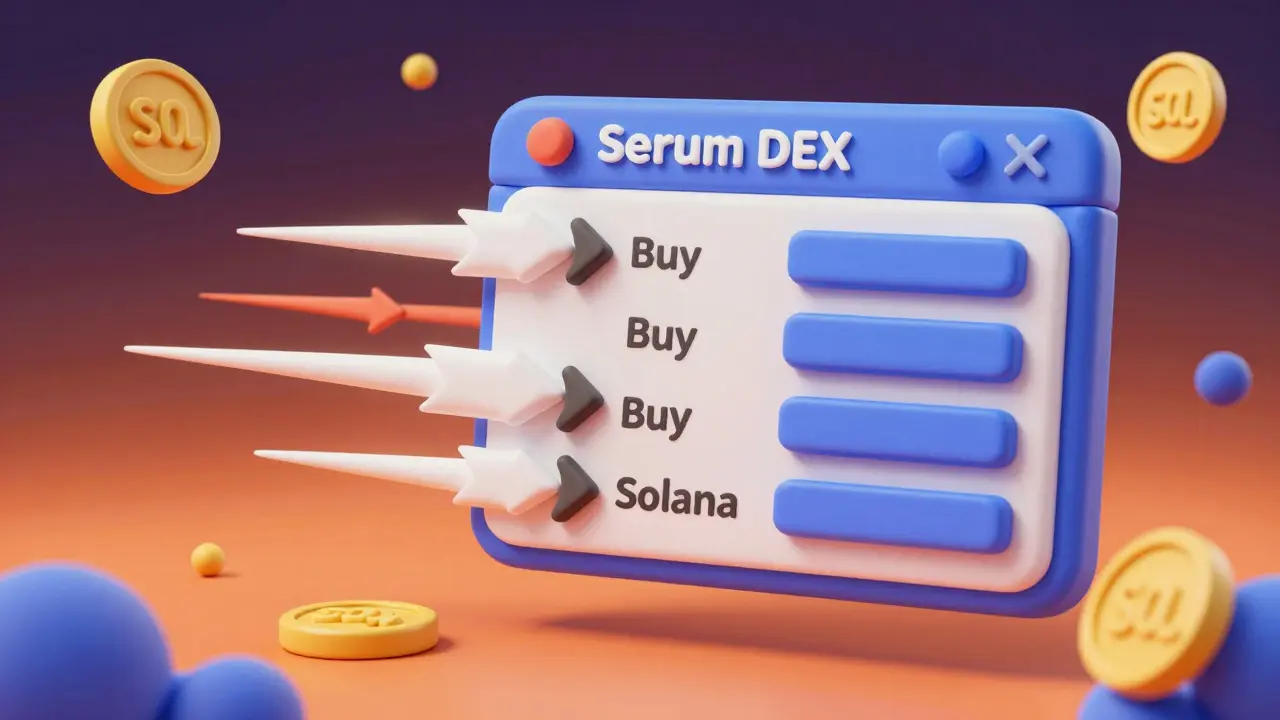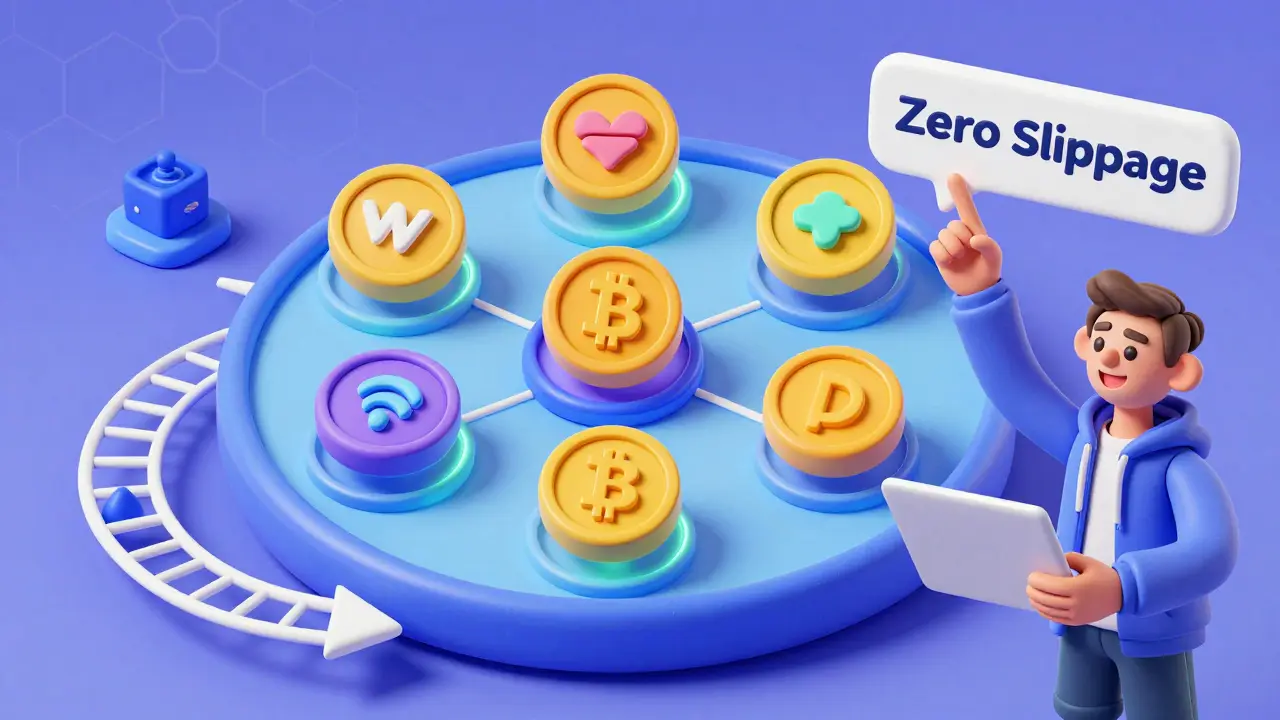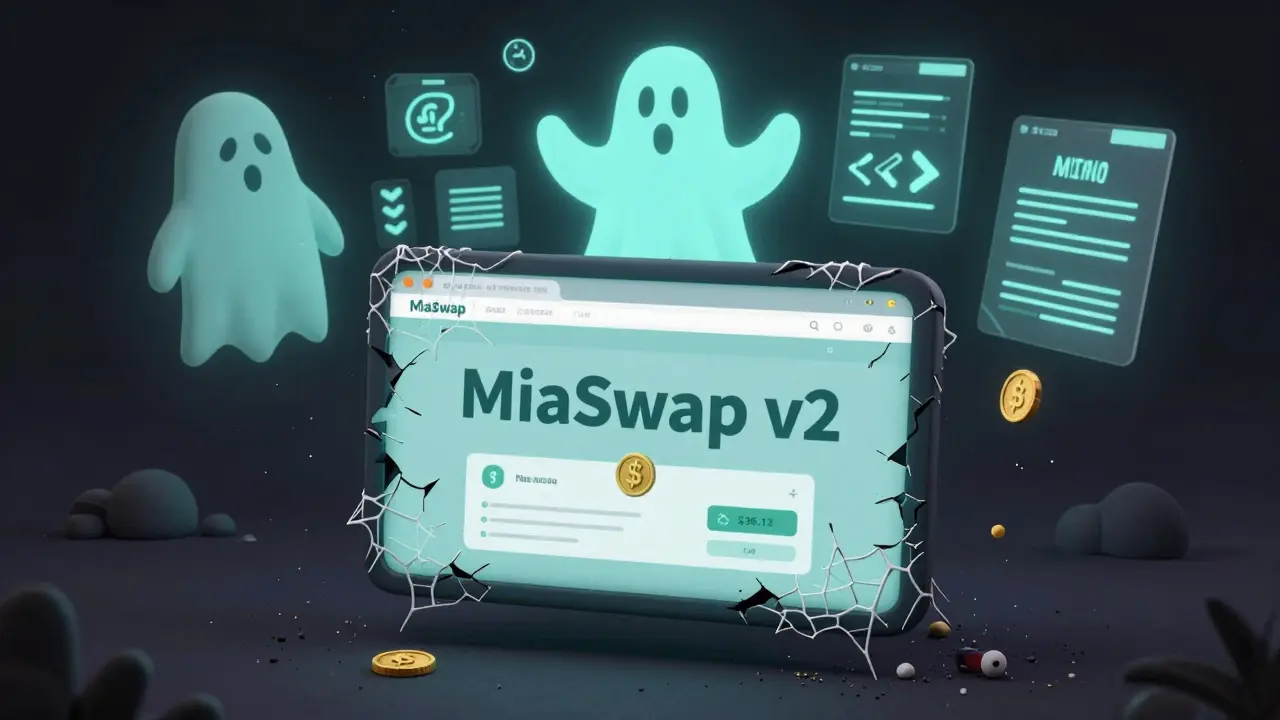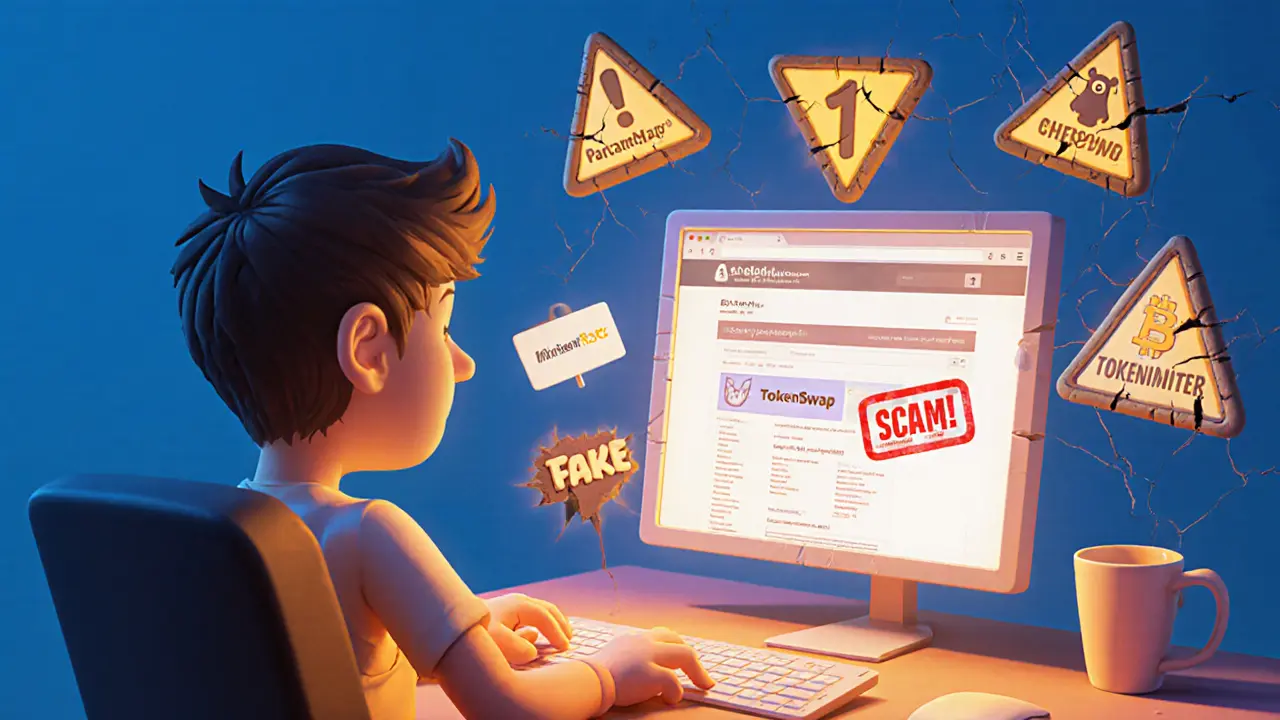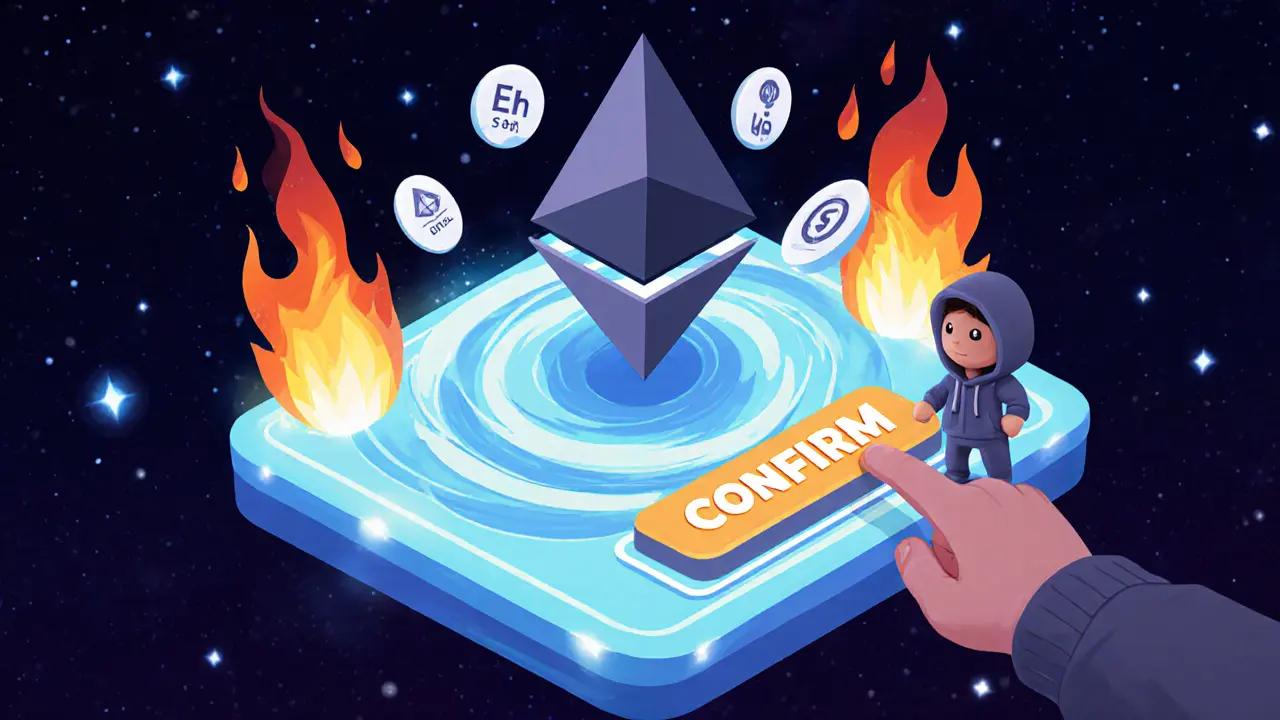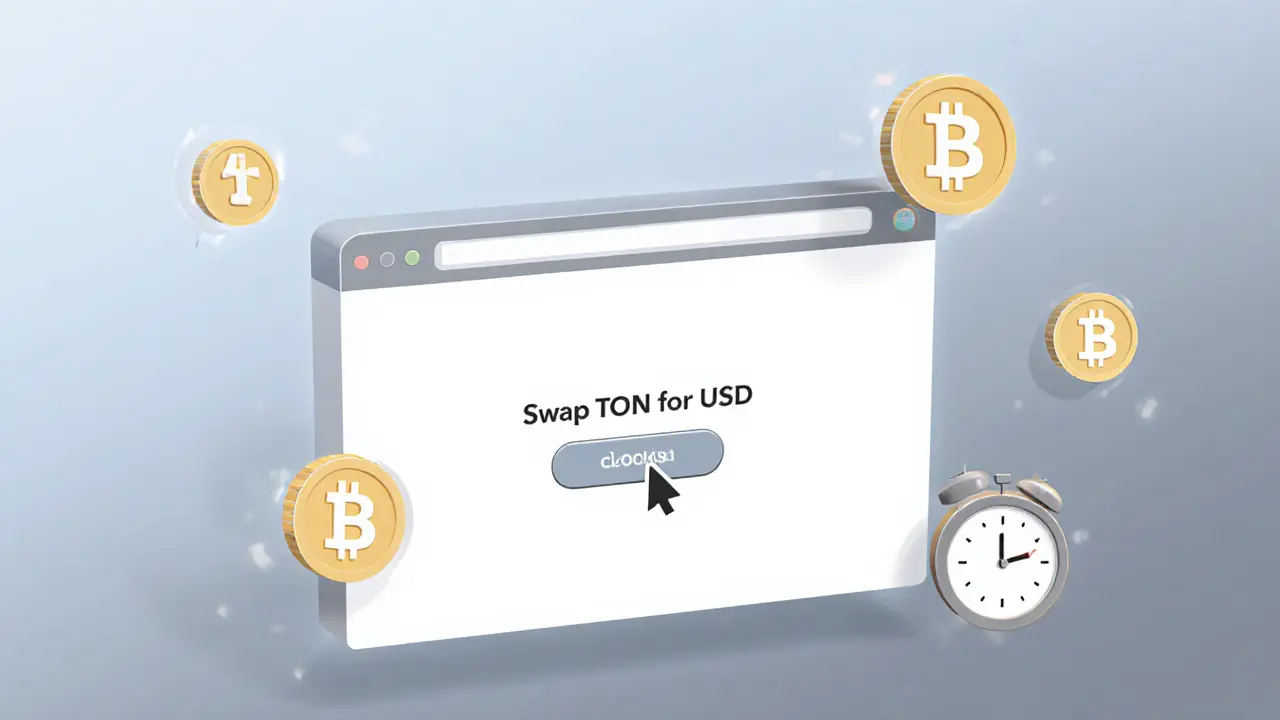Decentralized Exchange: What It Is and Why It Matters in Crypto
When you trade crypto on a decentralized exchange, a platform that lets users trade directly from their wallets without surrendering control to a company. Also known as DEX, it removes banks, brokers, and middlemen from the equation—giving you full control over your money. Unlike traditional exchanges where your coins sit in their vaults, a DEX connects you straight to other traders using smart contracts. That means no one can freeze your funds, no KYC forms, and no sudden platform shutdowns taking your assets with them.
But DEXs aren’t magic. They rely on liquidity pools, smart contract-based reserves where users lock up tokens to enable trading instead of order books. The more people add to these pools, the smoother trades become. That’s why DeFi, a system of financial tools built on open blockchains is so tied to DEXs—without DeFi protocols, most DEXs wouldn’t have the liquidity to work at all. And while DEXs give you freedom, they also put all the responsibility on you. If you send funds to the wrong address or approve a malicious contract, there’s no customer service to call. You’re on your own.
That’s why the posts below cover real-world cases: risky platforms that pretend to be DEXs but are just scams, exchanges that vanish overnight, and tokens that vanish after you trade them. You’ll see how non-custodial wallet, a wallet where only you hold the private keys is your first line of defense—and how some so-called "decentralized" platforms still hide behind fake transparency. You’ll also find breakdowns of platforms like StellaSwap and Changelly Pro that operate in gray areas, and warnings about tokens with no utility or team. This isn’t theory. It’s what’s happening right now.
Whether you’re new to trading or you’ve lost money on a bad swap, this collection gives you the facts—not the hype. You’ll learn how to spot a real DEX from a fake one, how to check if a liquidity pool is safe, and why some platforms are better for small trades while others are traps waiting to collapse. No fluff. Just what you need to trade smarter—and stay out of trouble.
Serum DEX Crypto Exchange Review: Speed, Fees, and What Happened After FTX Collapsed
Serum DEX was a groundbreaking Solana-based decentralized exchange with unmatched speed and zero trading fees. After FTX's collapse, it was forked by the community and still operates today - fast, cheap, but with lingering governance risks.
Balancer V2 on Gnosis Chain: A Deep Review of the Most Flexible DeFi Exchange in 2026
Balancer V2 on Gnosis Chain offers advanced DeFi users gasless trades, zero-slippage swaps, and boosted yield pools. With support for 8-token pools and cross-chain routing, it outperforms Uniswap in flexibility and cost-efficiency for experienced traders.
MiaSwap v2 Crypto Exchange Review: Why This Platform Doesn't Exist
MiaSwap v2 doesn't exist. The original MiaSwap exchange has been inactive since 2023 with near-zero trading volume, no liquidity, and no updates. Avoid this dead platform and stick to proven DEXes like Uniswap or PancakeSwap.
SkullSwap Crypto Exchange Review: Is This Fantom DEX Worth Using in 2025?
SkullSwap is a nearly inactive Fantom DEX with minimal liquidity, no audits, and zero community support. Avoid it for trading - use SpookySwap or Uniswap instead.
Minter (BSC) Crypto Exchange Review: What You Need to Know in 2025
There is no crypto exchange called Minter (BSC). Learn what the term really means, how token minting works on BSC, and which real platforms to use instead - plus how to avoid scams in 2025.
PancakeSwap v3 on Ethereum: A Real-World Review of Features, Fees, and Risks
PancakeSwap v3 on Ethereum offers advanced DeFi tools like limit orders and concentrated liquidity, but high gas fees and complexity make it best for experienced traders. Here's how it stacks up against Uniswap v3.
STON.fi v2 Crypto Exchange Review: Fast, Cheap, and Built for TON
STON.fi v2 is a fast, low-fee decentralized exchange built exclusively for the TON blockchain. Perfect for swapping TON, NOT, and USD₮ with near-zero fees and under-10-second settlements. Not for big trades or multi-chain users.
